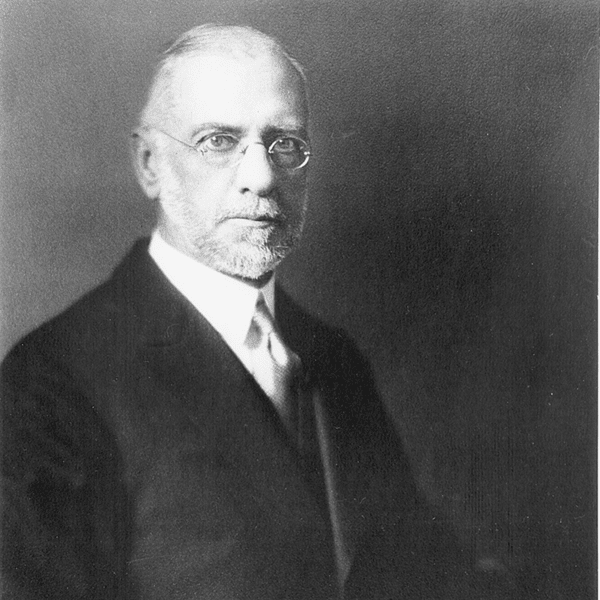The Jameson Award was established in 1974 for outstanding achievement in the editing of historical sources. First offered in 1980 and awarded every five years, the AHA Council made the decision in 2007 to change the frequency of the award to biennial.
The award is honorific.
The general rules for submission are:
- To be eligible for consideration, works must be of a scholarly, historical nature; review/journal editing is ineligible. If the source is in a language other than English, all original text and commentary must be in English or in English translation. Works with a copyright of 2025 or 2026 are eligible for the 2027 award.
- Nomination submissions may be made by an author or by a publisher. Publishers may submit as many entries as they wish. Authors or publishers may submit the same book for multiple AHA prizes.
- Nominators must complete an online prize submission form for each book submitted. Once you fill out the form you will receive an email with the committee’s contact information.
- One copy of each entry must be sent to each committee member and clearly labeled “Jameson Award Entry.” Print copies preferred unless otherwise indicated. If only e-copy is available, please contact review committee members beforehand to arrange submission format.
Please Note: The competition will open in mid-March. Entries must be received by May 15, 2027, to be eligible for the 2027 competition. Entries will not be returned. Recipients will be announced on the AHA website in October 2027 and recognized during a ceremony at the January 2028 AHA annual meeting in Seattle.
For questions, please contact the Prize Administrator.

J. Franklin Jameson
The prize honors J. Franklin Jameson, a founding member of the Association, its president in 1907, longtime managing editor of the American Historical Review, and an influential proponent of historical study.
Past Recipients
Current Recipient
Pablo Miguel Sierra Silva, University of Rochester
Mexico, Slavery, Freedom: A Bilingual Documentary History, 1520–1829 (Hackett)
Pablo Miguel Sierra Silva’s volume is a remarkable achievement. Through a concise, rigorous introduction and a truly extraordinary range of archival sources, it reveals the central place of slavery in the legal, economic, political, and cultural histories of early modern Mexico. Attentive to Indigenous, African, Spanish, and Asian experiences, its bilingual format and original interpretations make Mexico, Slavery, Freedom a model of excellence in documentary editing as well as an indispensable resource for teaching and research.